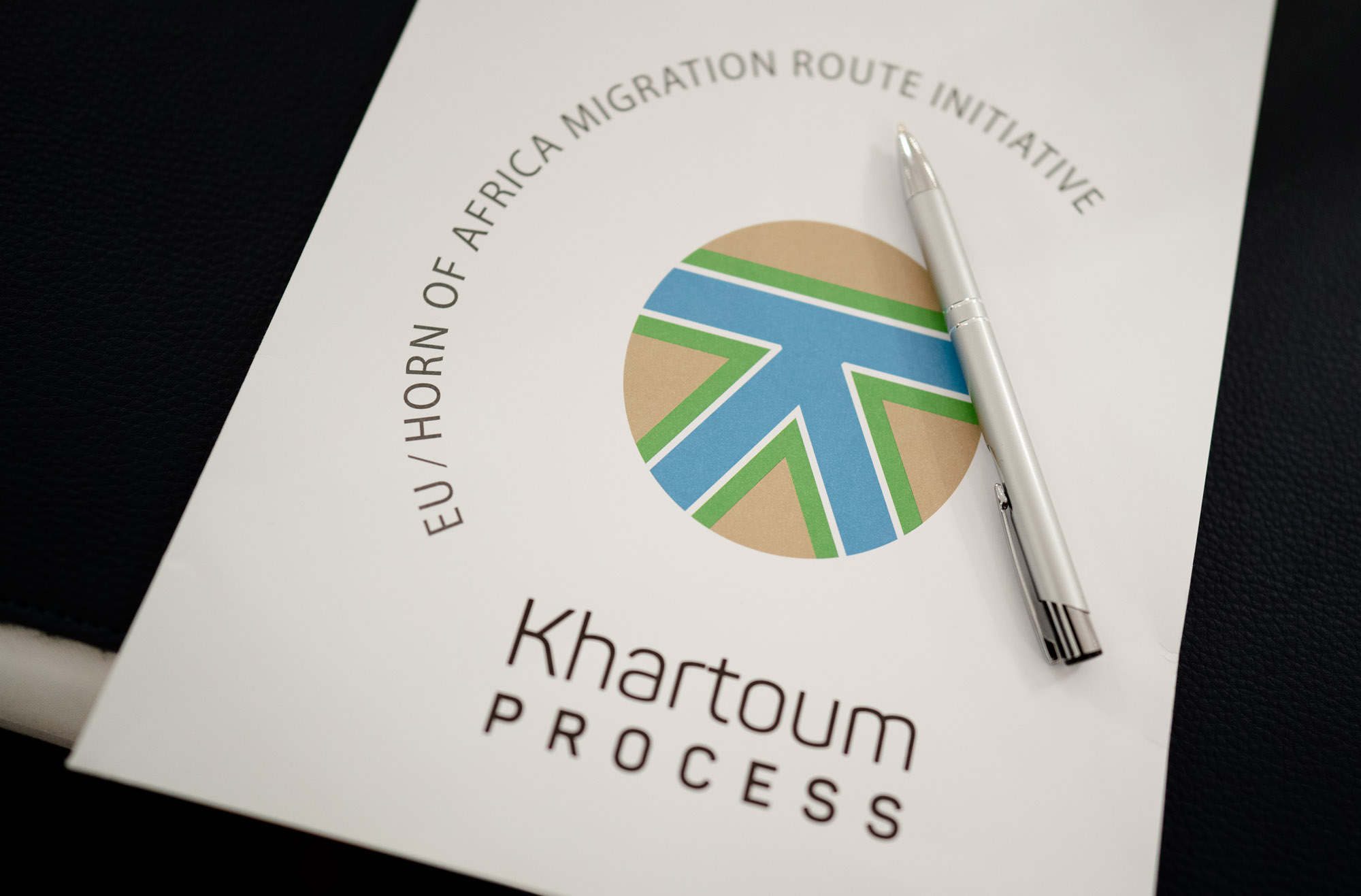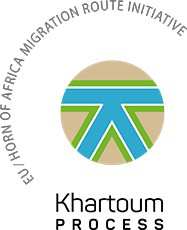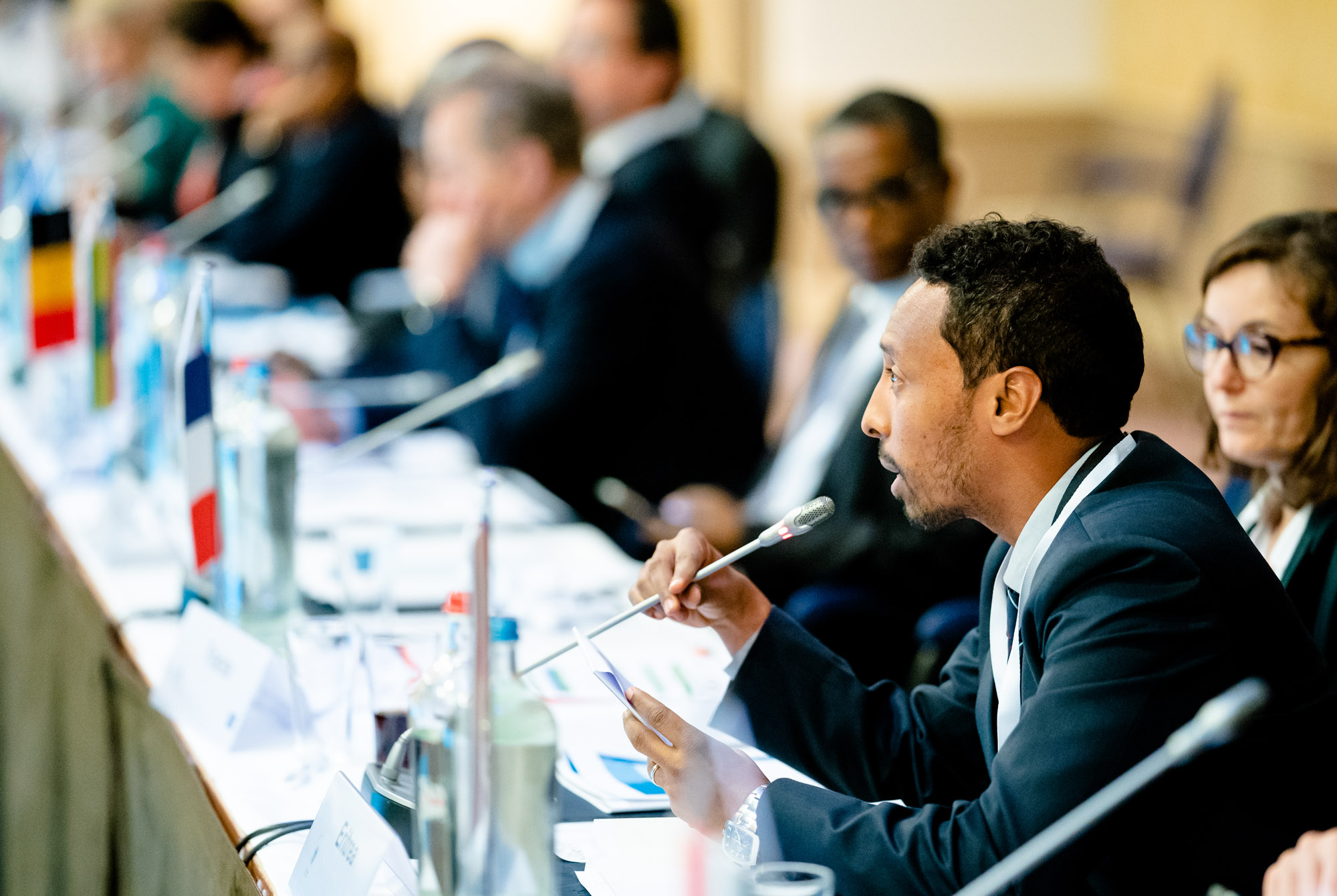4Ps Webinar Series: Module 4 – Partnership| Thematic Focus: Good Practices
- Date:
- Location: Online

Following the three webinars in the 4Ps Revisited Webinar Series, on Prevention, Protection, and Prosecution, the Khartoum Process Secretariat, in cooperation with the Khartoum Process Chair – The Netherlands – organised on 30 June 2021 the last webinar in the series. Naturally, this last webinar focused on Partnership.
The issue of partnership being a cross-cutting one, the first three webinars naturally touched on the importance of partnerships in all areas of work linked to the fight against human trafficking. On these occasions, it has been illustrated how the prevention of this crime, the protection of the victims, and the prosecution of the criminals cannot be successfully achieved without multi-agency, multi-level, cross-border cooperation and partnership.

